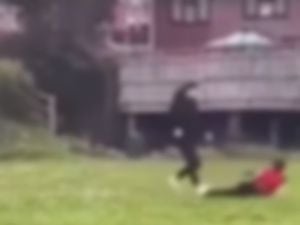Shropshire Star comment: Safeguarding children at risk requires regular monitoring
Archie Spriggs was a seven-year-old lad who was destined to suffer the misfortune of being one of those children from whose deaths “lessons must be learned.”

Archie died at the hands of his own mother, who is now serving a life term for his murder, with a minimum of 18 years.
His killing was an act of evil and spite for which culpability rests with her, Lesley Speed. The various agencies involved in Archie’s short life are populated by professionals who care about the welfare of such children and seek to protect them.
See also:
Yet still they failed him. And John Ellery, the coroner at the boy’s inquest, has written seeking improvements to the safeguarding of children. He warns ominously that because of the shortcomings exposed in Archie’s case, others could be in danger.
Those who work in the realms of human behaviour have a tough job at the best of times. Humans can be devious and manipulative, and ingenious when they seek to deceive.
For all that, there were indications in Archie’s case which, if they had been acted on as red flags, could conceivably have saved this little boy’s life.
He was at the centre of a custody battle between Speed and his father Matthew Spriggs, who raised serious concerns for his safety.
Archie’s life was taken in rural Shropshire, but the case has nationwide resonance because the issues and dilemmas it throws up are equally applicable in all instances in which the essential circumstances are either the same or similar.
Mr Ellery takes the view that while there were missed opportunities for Archie’s voice to be heard, ultimately what Speed did could not have been foreseen or prevented.
Nevertheless, here was a little boy who had been on the radar, yet still died.
Safeguarding children at risk clearly requires regular monitoring.
But Archie’s case shows that that, of itself, is not enough – somebody has to join the dots to see the full picture and have the confidence to act on warning signals.





